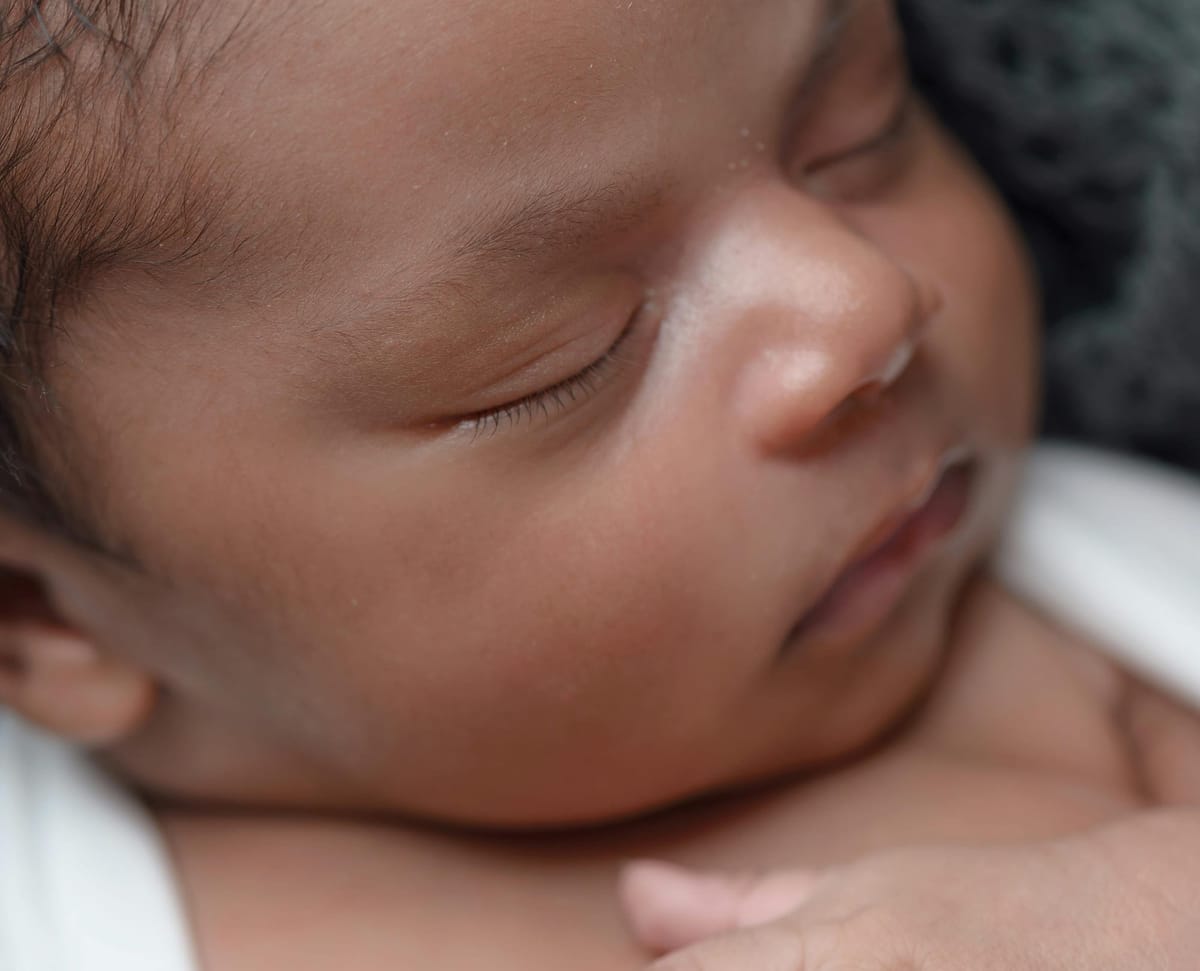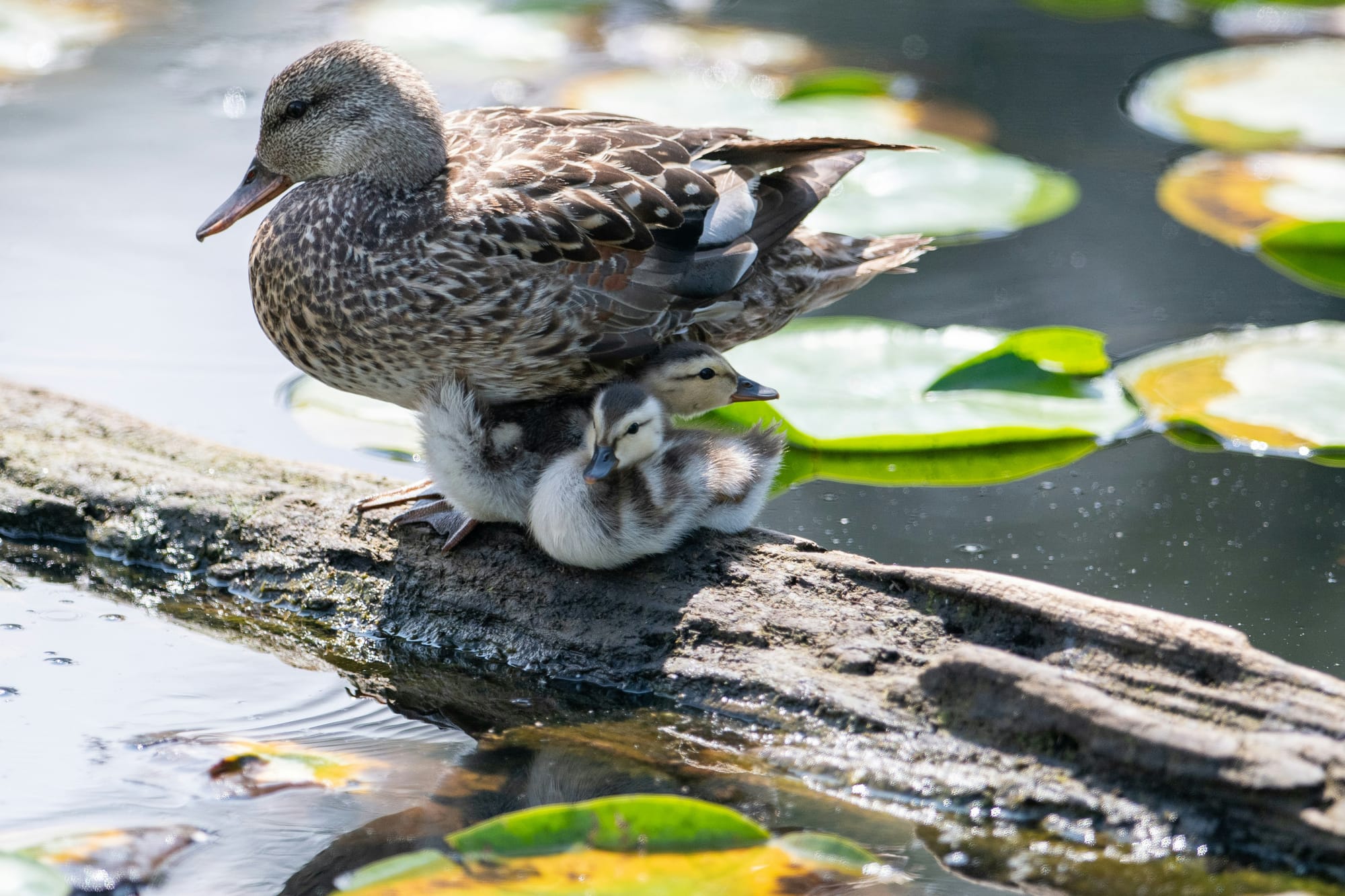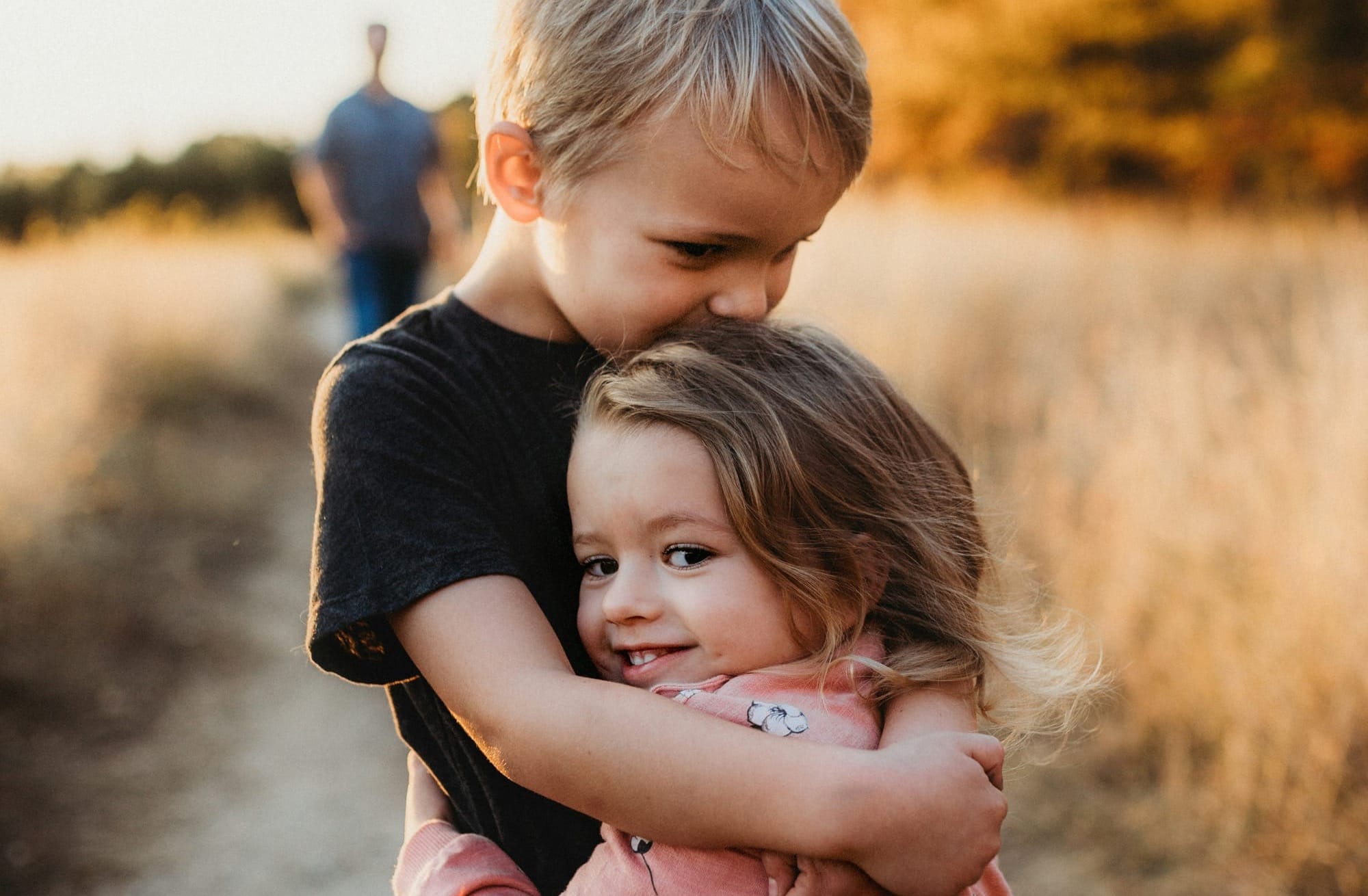So you want (more) grandchildren? Part 1

Perhaps you’re among the many older adults who imagine grandparenting as a chance to love in the special way grandparents do, to help your children with their work and family, to have fun, or to relive the best parts of parenting. And you’re wondering when or if your adult children will get around to having kids. Maybe you’re also worried that your adult kids will miss out on the joys of parent-child and family relationships, or the personal growth from caregiving.
Of course, our children’s choices about having children is none of our damn business. But just in case they ask your advice, thinking in advance why they might be hesitating could help you have some gentle pro-procreation talking points ready (talking points of the “if it seems right to you” variety). Talking this through will take more than one post. I’ll save the hardest part—the ethical arguments and worries about meaninglessness—for a future post or posts, and cover the somewhat easier topics here in Part 1.

Global birthrate slowdown
If you are a grandparent wannabe, you have plenty of company. Slowed birthrate is a global phenomenon—no developed country other than Israel has a fertility rate high enough to replace its current population. In the US, women are having, on average, about 1.6 children, while the replacement rate is 2.1. And the number of people choosing not to have children is up, particularly among millennials.
Why the slow-down? Decades-long trends in women’s education and empowerment, much-improved child survival rates, and birth control access explain much of the drop-off in rates since the early 20th century and the baby boom years. All of these factors give people—women, particularly—choices about life paths and childrearing that were not available in earlier decades.
So why, when the choice is there, are women and their partners choosing to forgo childbearing or limiting the number of children? Here’s an armchair (read: fallible!) theory: Increased education and career attainments shift childbearing to later years. One consequence of this shift is that by the time young people are even considering kids, they are old enough to think carefully about it. And once you’re thinking—rather than just doing what people do—you are carefully weighing pros and cons, and the decision to go ahead confronts a considerable headwind of cons, which include:
• Pragmatics: the costs and pressures of raising children, disruptions to cherished activities or habits, lack of support systems, career and financial pressures.
• Global challenges: Today’s young adults are worried about the world their (potential) children will live in, given climate change, threats to democracy, and dystopian predictions for the impact of artificial intelligence.
• (Lack of) Parental skills: Too much judgment and scrutiny, too little practice.
• Ethics: Good ethical arguments favor forgoing or limiting childbearing because of effects on the planet or on other sentient beings, or because parenting narrows the parent’s potential to do good in the world, or because the child will inevitably suffer.
• Meaninglessness, despair, hopelessness: Some young people find their own lives meaningless, and anticipate that their child’s life would be meaningless as well. Others are overwhelmed, and see only darkness ahead.
When it’s not a choice
Before getting to potential conversations about these concerns, it’s crucial to recognize that for many young people, remaining childless is not a choice, or not fully so—for example, when their reasons are:
• Medical concerns or age.
• No partner, or partner not wanting children.
When the choice is constrained, attempts to convince the adult child to (try to) have children anyway are very likely to be misguided and hurtful.

When perspective helps
When there is more leeway for choice, you may be able to offer some pros to counter the cons. If your child’s concerns are pragmatic—finances, long hours, insecure work, medical care, childcare—probably the best pro-procreation “argument” from potential grandparents is an offer and a commitment to do what you can to help out—realistically, given whatever circumstances you are in.
If your adult child’s worries about having children focus on future events, separating out the known from the uncertain could be helpful. It’s a known that if they don’t have a child, they won’t have a chance to be a parent, and their potential child doesn’t have a chance at life. But if they do have a child, how will it turn out, given their significant concerns? Part 1 of the honest answer to that is, “You don’t know.” But an older person, especially, can look at this uncertainty from the position of having lived through choices and add a Part 2: “But you’ll live into the choice you make.” Here’s an example: A philosopher friend of mine posted on FaceBook, “Being childfree is one of top two best decisions I've made in my life.” (For the moment I’m leaving out her additional point about ethical reasons not to have children—I’ll get there!). I could say something very similar, but substitute, “Having children…” Given our choices, my friend built a life around being childfree; I built a life around having children. And we each grew into the choices we made, valuing what there is to value about our respective lives focused on kids or not. Again, being honest, it doesn’t always work that way—either of us might have been miserable about our choices, for one reason or another. But choice and commitment go a long way toward making a good life.
Another way to address uncertainty is to remember that the news media thrives on the negative, and so to shift focus to heed optimistic voices. Here’s one that suggests that rather than heading toward doomsday, we, globally speaking, can continue the positive trends of the past hundred years in poverty reduction, education increase, and life expectancy.
Or, you can acknowledge justified pessimism given global trends. But also recognize that for almost all of human history, children have been brought into the world despite uncertainty, danger, poverty, or hostility. So the choice to avoid bringing kids into the world in the face of uncertainty, etc., implies that the lives of these historic millions were not appreciated by those who lived them.* (To be clear, there are darn good reasons to delay or forego childbearing—but typically those involve what you do know—you’re in the midst of a pandemic, a depression, a war, you will pass on a terrible genetic illness—rather than what you don’t.)
Two more thoughts before I close. First, a reminder that I haven’t yet addressed the hardest questions, about the ethics of childbearing and about despair. Second, it’s really important to point to remember, if your adult child does open a conversation about childbearing, that choices about having (more) children are intensely emotional. The adult child may be struggling with fear, longing, sorrow, guilt, anger, something else—and you may be struggling, too. So if you are invited into these discussions, please be gentle.
And please remember that other readers and I want to hear your thoughts on this topic, too, so please add your comments below!
Thank you to son Peter Hawthorne for an important edit.
*I hope someone can help me find where I read this…it is lost in a sea of online scrolls from several years ago.